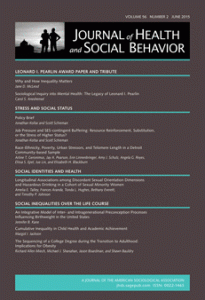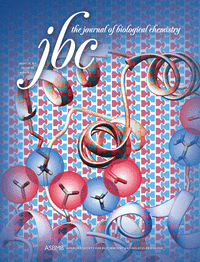 Researchers and advocates are calling for the retraction of a 2015 letter in the New England Journal of Medicine that suggested that e-cigarettes are as harmful – if not more than – traditional cigarettes.
Researchers and advocates are calling for the retraction of a 2015 letter in the New England Journal of Medicine that suggested that e-cigarettes are as harmful – if not more than – traditional cigarettes.
The NEJM paper reported that e-cigarettes expose smokers to significant amounts of formaldehyde, which the authors calculated could raise lifetime cancer risk by 5-15 fold compared to the risk for regular smokers. Critics, however, have claimed that to obtain such high levels of formaldehyde, the NEJM authors superheated the vapor from the e-cigs to levels that would create a well-known, acrid puff called a “dry puff.” This sensation, they say, is so terrible that no self-respecting “vaper” would consider repeating it. In other words, allege the e-cigarette supporters, the conditions described in the Letter—which was widely reported—were not relevant to human health.
This week, Addiction published a letter from critics of the NEJM paper, along with extensive supplementary materials, a reply from some of the NEJM Letter authors, and a response letter from the critics.
In their first Addiction letter, “Research letter on e-cigarettes was so misleading it should be retracted,” authors Clive Bates and cardiologist Konstantinos Farsalinos write: Continue reading Researchers call for retraction of NEJM paper showing dangers of e-cigarettes







